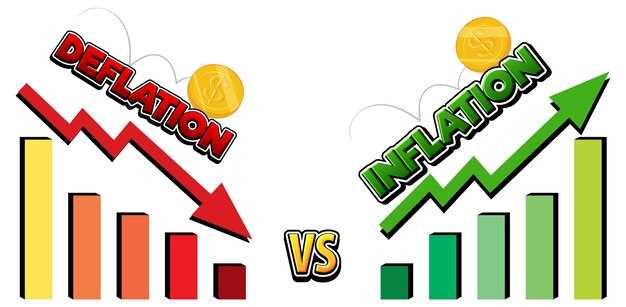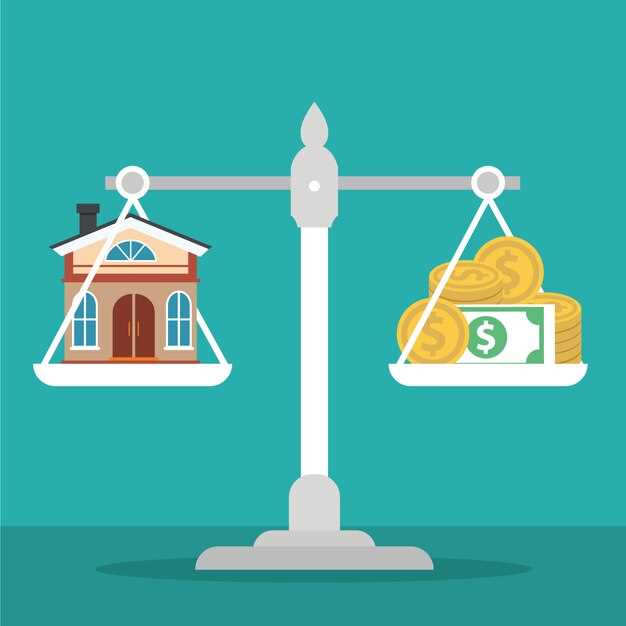Loan vs cash purchase – pros and cons


When considering the acquisition of a new car, one of the most critical decisions is whether to opt for financing through a loan or to make a cash purchase. Each approach has its distinct advantages and disadvantages that can significantly impact your financial situation. Understanding these factors is essential for making an informed choice that aligns with your budget and long-term goals.
Financing a car through a loan offers several benefits, including the ability to spread payments over time, which can make a higher-priced vehicle more accessible. This option allows buyers to conserve cash reserves for emergencies or future investments while also benefiting from potentially building credit history. However, loans come with interest costs that can increase the total price of the car over time, making it essential to evaluate the overall financial implications.
On the other hand, making a cash purchase eliminates the burden of monthly payments and interest, leading to outright ownership from day one. This approach can provide peace of mind and financial freedom, as you won’t be tied to a lender or obligated to make recurring payments. Nonetheless, spending a significant amount of cash on a vehicle can deplete your savings and limit your financial flexibility for other essential expenditures or investments.
Assessing Total Costs: Loan Interest vs Cash Discounts

When purchasing an auto, understanding the total costs associated with financing options is crucial. A loan often involves interest payments, which can significantly increase the overall expense of the vehicle compared to a cash purchase. This interest accumulates over the loan term, potentially adding thousands of dollars to the final price of the car.
In contrast, buying a car outright with cash can provide immediate financial benefits. Many dealerships offer cash discounts that reduce the sale price of the auto. These discounts are sometimes substantial, making the upfront payment option more favorable. Furthermore, a cash purchase eliminates monthly payments, freeing up future finances and preventing interest-related financial strain.
While loans may offer instant access to a vehicle without depleting cash reserves, the overall cost can outweigh the initial convenience. It is essential to calculate the total interest paid over the life of the loan and compare it with potential cash discounts. This thorough assessment will help prospective buyers make an informed decision about which option is best for their financial situation.
Impact on Budget: Monthly Payments of Financing vs One-Time Cash Outlay

When considering the purchase of an auto, the decision between financing and a cash purchase can significantly affect your budget. Financing typically involves monthly payments spread over several years, allowing for a manageable cash flow. Each month, a portion of your income will be allocated to the loan repayment, which can impact your ability to save or invest in other areas. This predictable payment schedule helps in budgeting but also creates a long-term financial commitment.
On the other hand, a cash purchase requires a one-time outlay of funds, eliminating the burden of recurring payments. This option may provide immediate financial freedom, as there are no future debts to pay off. However, using a large sum of cash can deplete your savings, which may limit access to emergency funds or investment opportunities. In essence, while financing offers flexibility in monthly budgeting, a cash purchase demands careful consideration of your current cash reserves.
The choice ultimately depends on individual financial situations and preferences. For those who have sufficient savings and favor a straightforward approach, a cash purchase can be beneficial. Conversely, if maintaining liquidity is a priority, financing may be the more practical option despite ongoing monthly obligations.
Flexibility and Ownership: Long-Term Financial Implications of Each Option
When deciding between a cash purchase and financing an auto, the long-term implications on flexibility and ownership are significant factors to consider.
Cash purchases offer immediate ownership, allowing you to benefit from the following:
- Complete Ownership: Owning the vehicle outright means no monthly payments or interest obligations, which enhances your financial security.
- No Financing Costs: Avoiding interest rates and fees associated with loans translates to long-term savings.
- Unrestricted Use: Without a lender’s constraints, you can modify, sell, or trade the vehicle at your discretion.
- Peace of Mind: Elimination of debt associated with auto financing reduces financial stress.
Conversely, choosing financing can provide flexibility in certain scenarios:
- Lower Initial Outlay: Financing allows you to keep cash reserves intact for emergencies or other investments.
- Improved Cash Flow: Spreading payments over time can enhance budget flexibility, enabling you to allocate funds elsewhere.
- Potential for Equity Building: Making timely payments can improve your credit score, potentially benefiting future financing endeavors.
- Access to Higher-Value Vehicles: Loans may enable the purchase of vehicles that would be out of reach for a cash buyer.
Ultimately, the decision between cash and financing depends on individual financial circumstances, goals, and risk tolerance. Weighing the long-term implications of each option is critical to making an informed choice that aligns with your overall financial strategy.



